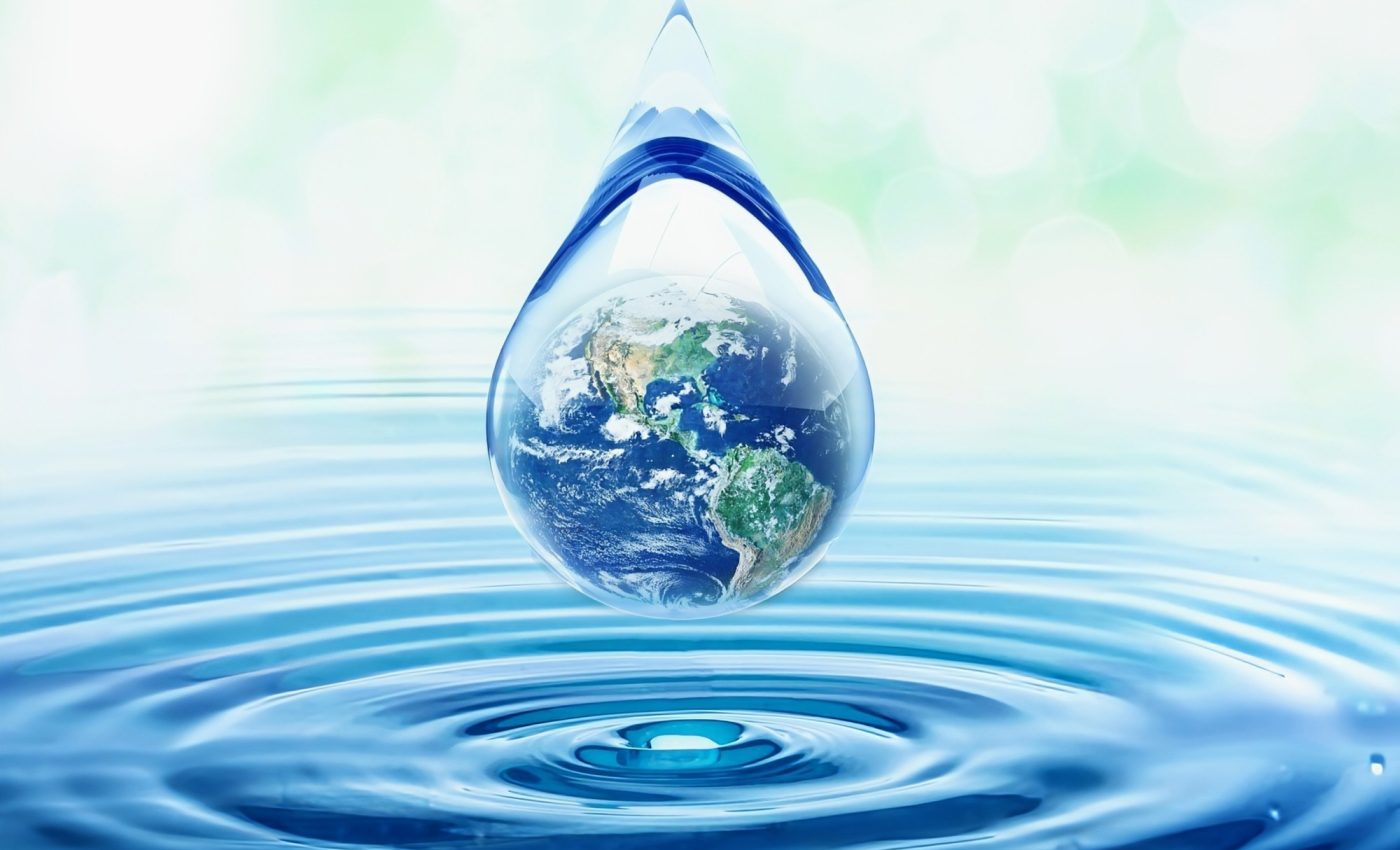
Water for peace: Seven strategies to end global conflicts
The essential role of water in promoting peace and averting conflicts is significant, yet often overlooked.
Its potential as an agent of harmony among nations and communities is tremendous, but this potential can only be realized if water resources are managed equitably and sustainably.
A recent study sheds light on this pivotal topic, offering a comprehensive strategy to ensure that people worldwide enjoy safe, equitable, and sustainable access to this life-sustaining resource.
Questioning the context, sharing and management of water often sparks conflicts due to inequitable access or unfair usage by one or more parties.
To address these hot-button issues, an international team of interdisciplinary experts has crafted a seven-point strategy to ensure peaceful coexistence.
This synthesis was assembled by experts hailing from diverse parts of the world, including France, Germany, India, Nigeria, Sweden, U.S.A., and the U.K.
Championing peace through water
The study was spearheaded by the University of Birmingham and published in the journal Nature Water.
The seven strategies outlined by the team are not a random list, but a roadmap to tranquility, as Professor Stefan Krause, the lead author and a representative of the University of Birmingham explained.
“Water can be a powerful tool for peace when managed sustainably and equitably, but there is increasing conflict for water as an irreplaceable resource for humans, and waterbodies as highly valuable ecosystems with a rich biodiversity,” said Professor Krause.
“Our study provides a blueprint for using water to foster cooperation and prevent conflicts, ensuring a more just and resilient future for all. Co-creating shared visions for water solutions ensures fairness and acceptance of management decisions,” he adds.
Seven strategies for peaceful water management
- Collaborate locally on global water challenges to help reduce conflict, empower civil societies, and build resilience. Inadequate water governance can lead to unjust competition and severe impacts on vulnerable communities.
- Involve communities in developing water governance that can prevent conflicts during times of scarcity – joint risk assessments, improved public communication, and citizen science help to foster transparency and build trust.
- Integrate local expert knowledge and nature-based solutions with technical infrastructure to enhance community resilience. Using traditional water management practices in Nepal and Peru has helped address local water challenges.
- Consider existing inequalities when developing national and local policies to help prevent conflict and build trust – like successful water cooperation initiatives, such as the EcoPeace project in the Middle East, nominated for the 2024 Nobel Peace Prize.
- Ensure safe water access for women and girls, who often bear the responsibility for water collection. Integrating safety, gender equity, and access into water governance policies is critical in protecting and empowering female citizens.
- Predict water-related changes better and improve local preparedness to deal with intensifying water challenges – integrating the latest remote sensing data with local analysis, and investing in adaptive infrastructure are examples of this.
- Prevent conflict through international treaties and intergovernmental management of transboundary river basins – for example, the Indus Waters Treaty between Pakistan and India, and Peru and Bolivia’s joint governance of Lake Titicaca.
Leveraging water for peace
Professor David Hannah, co-author of the study, emphasized the importance of community action, indigenous knowledge, open science, and participatory approaches for sustainable water governance.
“The seven recommendations we highlight provide pathways to move from water crisis to sustainable solutions, balancing water as a resource for people and as a valuable ecosystem,” said Professor Hannah.
Ultimately, the power of water can be harnessed to promote peace and security globally, but only if our actions are rooted in fair and sustainable practices.
This study is a stepping stone towards achieving the UN sustainable development goals and leveraging water for peace.
The role of technology and innovation
Advancements in technology and innovative solutions are playing an increasingly vital role in addressing global water challenges.
The integration of real-time monitoring systems, satellite-based remote sensing, and data analytics enables better management of water resources by identifying trends and predicting potential crises.
For example, smart sensors can track water quality and availability in real-time, allowing communities and policymakers to respond swiftly to emerging issues.
Furthermore, machine learning algorithms can optimize water distribution systems to reduce waste and enhance efficiency, particularly in arid regions where water is scarce.
In addition, innovations like desalination technologies and wastewater recycling are helping to expand the availability of clean water in areas facing acute shortages.
These technologies not only provide immediate relief but also contribute to long-term sustainability when integrated into broader water management strategies.
Collaborative efforts between governments, private sectors, and research institutions are crucial in scaling these innovations and ensuring their accessibility in underserved regions.
By leveraging technology alongside traditional practices, societies can create a resilient framework for water governance that supports peace, security, and equitable resource distribution.
The full study was published in the journal Nature water.
—–
Like what you read? Subscribe to our newsletter for engaging articles, exclusive content, and the latest updates.
Check us out on EarthSnap, a free app brought to you by Eric Ralls and Earth.com.
—–













